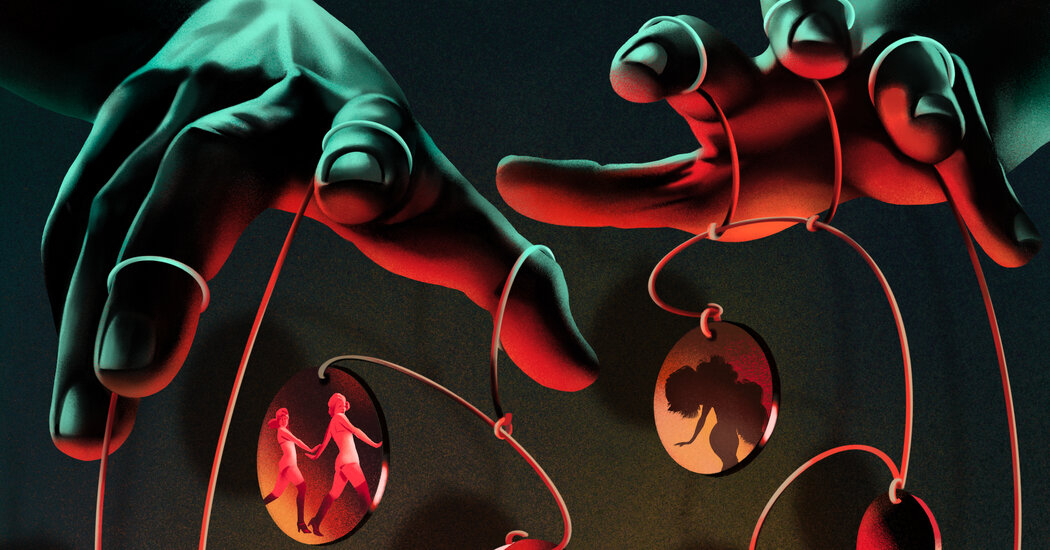And that would certainly be fair. With #MeToo, Black Lives Matter, and other groundbreaking changes in American life, the theater is finally starting to talk openly about its fundamental and ongoing inequalities. Sometimes the talk is just lip service, sure, as toothless statements on corporate websites attest. But more than ever, practitioners and critics are asking tough questions about how we make actors, how we make plays, how we make seasons, how we make money—in short, how we make theatre.
It will be time. For too long the industry has accepted all manner of impropriety and dishonesty as the supposedly inevitable price of greatness. It has tolerated working conditions and wages approaching the Dickensian in some cases. For profit or what we glorify as the demands of art, it has laughed when bullies like the producer Scott Rudin terrorized their subordinates, winking at the sexual misdeeds of men like Harvey Weinstein. In the process, like most other art forms, but perhaps more intensely, the theater has found a neat way to keep its doors largely closed to those who have not yet joined the club because of race, class or affiliation.
The Great Lecture
More fascinating stories that you can’t help but read all the way to the end.
Only recently has anyone been held accountable as a trickle of public allegations and cloudy fallout have sidelined playwright and artistic director Israel Horovitz, director Gordon Edelstein, casting director Justin Huff, actor Kevin Spacey and costume designer William Ivey Long. † In fact, Long, who has denied allegations of sexual abuse by at least two former aides, isn’t that offside; although he “break up” with the production of “Diana, the Musical” in 2020, his work on that show was nonetheless nominated for a Tony Award at the ceremony honoring his performance at the theater on Sunday, June 12.
But perhaps, in the wake of the Covid-19 existential crisis, when the ingrained practices of decades suddenly came to a halt, we are finally approaching a turning point. What’s on the other side of that inflection is worth pondering, including the potential benefits — and costs — of the fairer theatrical future that many people are working hard to achieve. It is a future where pay transparency and fairness, humane treatment of employees, respectful education of all types of students, diversity in employment and product are crucial parts of the picture.
And in which holy monsters are not.
But as we approach a Great Man’s Götterdämmerung—when those monsters, some of whom are fantastic at what they do, finally begin to face the music—we’d better watch the tune. What do we lose if we banish them? What do we lose if we don’t?
AS IT HAPPENS, the history of musicals is a good place to look for answers. Just as musical theater incorporates and exaggerates all the qualities (and problems) of non-musical theater, so too have the men we reflexively call Broadway musical greats—the makers and directors and choreographers behind classics like “Oklahoma!”, “Gypsy, “Chicago.” ‘ and others – processed and exaggerated the traits of Strasberg and his ilk.

